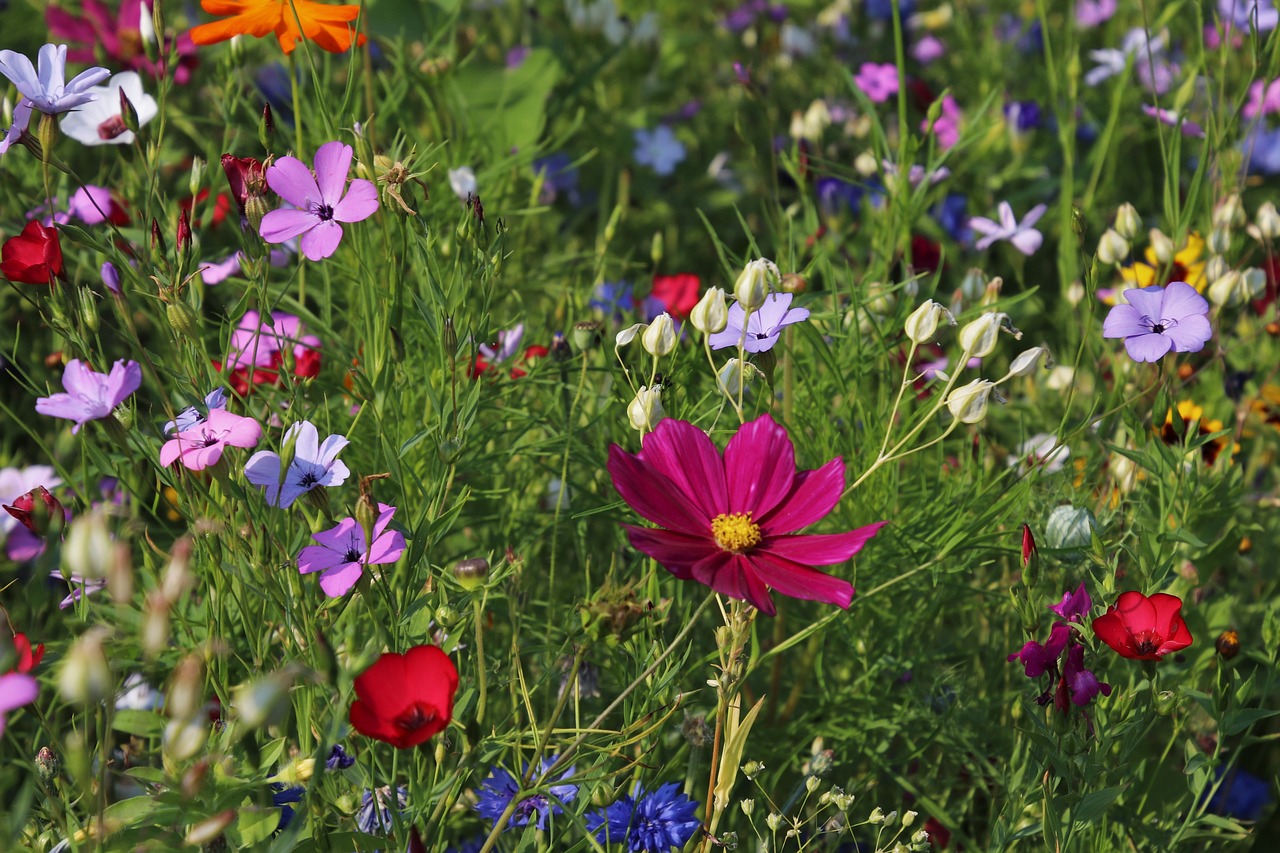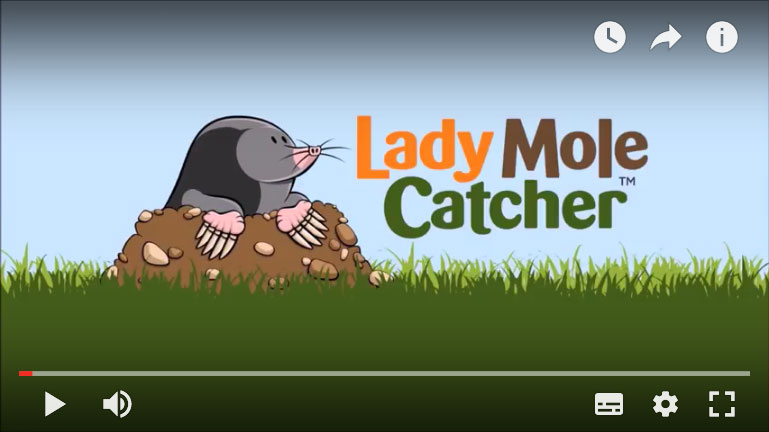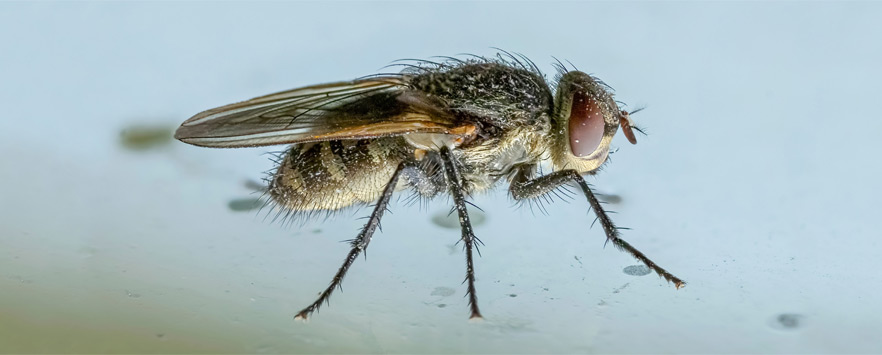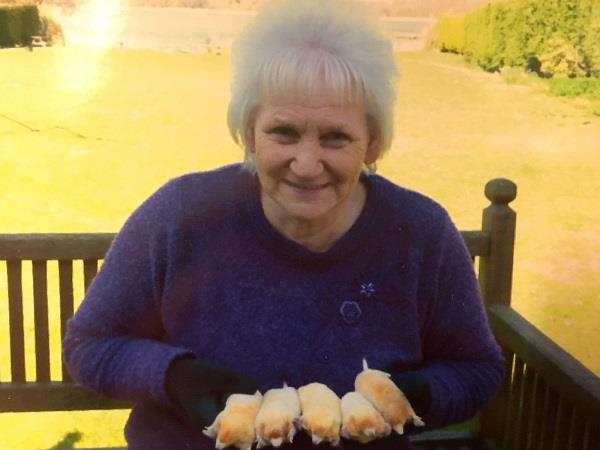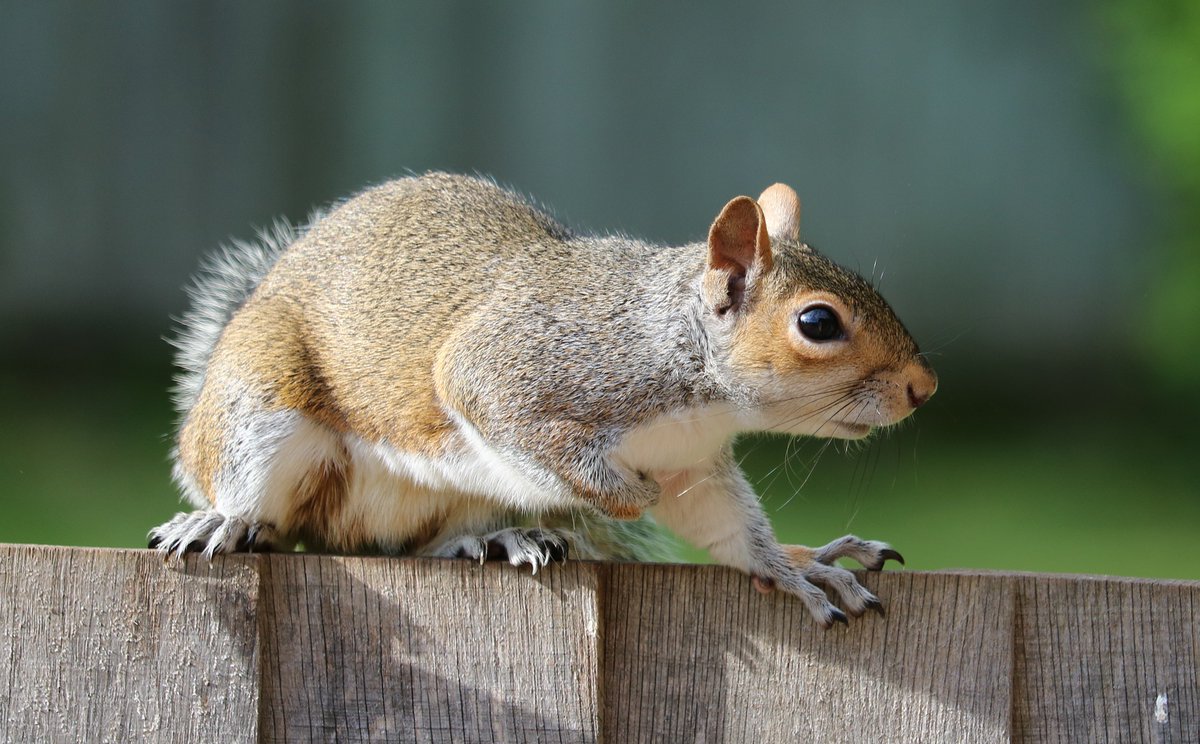Late Spring & Early Summer – Pests To Be Aware Of
Queen wasps will have begun building new nests now. You will start to see wasp activity. Look out for wasps on a flight path entering roof spaces, sheds and compost heaps. They can also nest in the ground.
Queen hornets will also have begun to build new nests now. Like wasps you will see a flight path. Unlike wasps, they are attracted to lights at night. They are larger than wasps and have brown and yellow strips on their abdomen, rather than the black and yellow colour of wasps. Common nesting places are hollow trees, bird boxes, sheds, wall cavities and chimneys.
The Asian hornet differs in colour to our native hornet. They can be described as having a dark brown or black velvety body, having a yellow or arrange band on the fourth segment of the abdomen and have yellow tipped legs. They are slightly smaller than our native hornet. They are NOT active at night.
If you think you have an Asian hornets nest, please call me immediately as they must be reported to a government body. They pose a substantial risk to honey bees and other pollinating insects.
Ants and fleas may start to become a problem at this time of the year. Professional products are used to eliminate an ant colony at source, while professional chemicals are needed to eliminate fleas effectively and quickly.
Carpet and clothes moths larvae, damage carpets and furnishing made of natural fibres by eating them. You may notice that carpets have threadbare patches at the edges or under furniture. They can enter houses in the Spring.
Squirrels are omnivores. As well as eating seeds, nuts, berries and fungi they also like to eat wild bird eggs and small animals including wild bird chicks. They will compete with birds on bird feeders in your garden.
Rats can seek harbour in houses and gardens and will also be attracted by bird feeders in your garden. They carry leptospirosis or Weil’s disease in their urine, which can be fatal to humans.
If you would like any further help or advice concerning pests or wildlife, please call Louise on 07876 141153 or email louise@ladymolecatcher.co.uk

